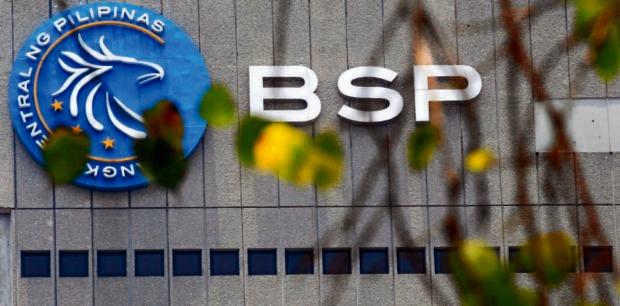The Bangko Sentral ng Pilipinas (BSP) plans to revitalize the domestic swap market in a bid to eventually come up with an interest rate “swap curve” that serves as a “reliable” benchmark in the pricing of government debt securities and bank loans.
Speaking to reporters last week, BSP Governor Eli Remolona Jr. said he specifically wanted to “revive” the country’s interest rate swap market (IRS), arguing that having such a derivative contract would lessen a borrower’s exposure to fluctuations in interest rates.
IRS allows borrowers to sell bonds using the most attractive rates it can offer to creditors at the time of the sale, then repay the principal amount and borrowing costs via a financing schedule they desire. This typically involves the exchange of a fixed interest rate for a floating rate—which changes periodically based on market conditions—or vice versa.
Once the local swap market is active again, the BSP chief said a “swap curve” would eventually emerge that can replace the Philippine Bloomberg Valuation (BVAL), the current benchmark being used following the 2023 phaseout of the London Interbank Offered Rate (Libor) due to scandals involving alleged yield manipulation by rate-setting banks.
“If you look at the existing yield curve, the BVAL curve, it’s a choppy yield curve,” Remolona said, adding that European economies are using the swap curve as the benchmark now in their financial markets.
“Instead of the GS (government securities) curve, there will be a swaps curve, which is just as good in terms of a benchmark. Then people can price against that curve. You can price corporate bonds; you can price mortgages against that curve. So that’s maybe one thing we haven’t tried,” he added.
As it is, the search for a new and “credible” benchmark yield curve is part of Remolona’s broader plan to deepen the local capital market, as he repeatedly stressed that heavy reliance on bank financing in the country is not sustainable. INQ



